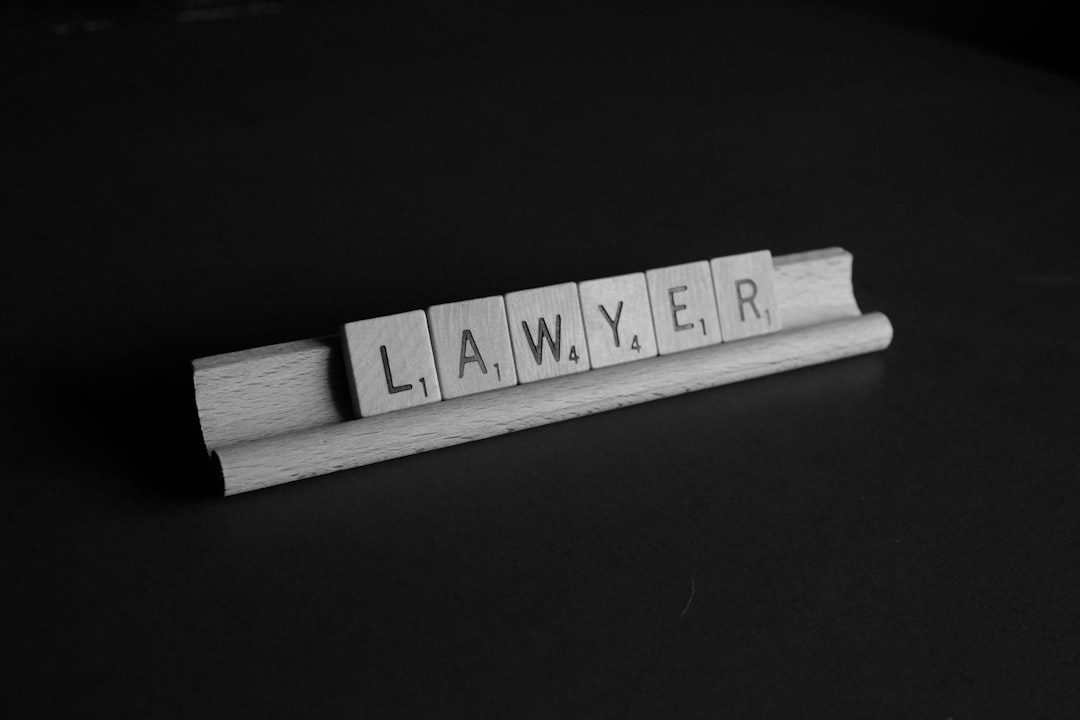In Arkansas, understanding state school abuse laws is crucial for a safe learning environment. A specialized school abuse law firm offers insights, helping to identify and report physical, emotional, and sexual misconduct. Creating a safe reporting culture empowers students to speak up without fear, with clear policies, training, and confidential systems. Teaching children to recognize and report abuse through workshops normalizes speaking out. Educators play a vital role in recognizing indicators and understanding laws, fostering open communication and exercising legal rights. Robust handling of reports includes immediate support, confidentiality, and investigations, strengthening prevention efforts and ensuring children's voices are heard.
In Arkansas, ensuring the safety of students is paramount. This article guides educators and parents on teaching children how to recognize and report school abuse within the state’s legal framework. We explore key strategies for creating a safe reporting environment, educating young minds about potential abuses, and the crucial roles teachers and staff play in prevention. Understanding Arkansas’ school abuse laws empowers everyone to support survivors effectively. A school abuse law firm in Arkansas emphasizes the importance of these measures in fostering secure learning spaces.
Understanding Arkansas' School Abuse Laws

In Arkansas, understanding and adhering to the state’s school abuse laws is crucial for ensuring a safe learning environment. These laws protect students from various forms of abuse within educational institutions. A school abuse law firm in Arkansas can provide valuable insights into these regulations and help interpret them effectively. The state has established guidelines that outline what constitutes abuse, including physical, emotional, and sexual misconduct by school staff or peers. By familiarizing themselves with these laws, educators, parents, and students can identify potential issues and know the appropriate steps to take when reporting suspected abuse.
Arkansas’s approach to school abuse emphasizes the importance of creating a safe haven for children, where they feel empowered to speak up about any harmful situations. A law firm specializing in this area can educate communities on their rights and responsibilities under these laws, fostering a culture of accountability within schools. This proactive measure not only protects students but also encourages open communication, ensuring that potential abuse cases are addressed promptly and effectively.
Creating a Safe Reporting Environment

Creating a safe reporting environment is paramount when teaching children in Arkansas how to identify and report school abuse. It starts with fostering an atmosphere where students feel empowered to speak up without fear of retaliation. Schools can achieve this by implementing clear policies and procedures for reporting abuse, ensuring teachers and staff are well-trained on these protocols. A dedicated, confidential reporting system—perhaps through a school abuse law firm in Arkansas—can make it easy for children to share their experiences, knowing they will be taken seriously.
Encouraging open communication between students, teachers, and administrators is essential. Regular discussions about student safety, along with age-appropriate education on recognizing and reporting abusive behaviors, can normalize the act of speaking up. By creating a safe space where students understand their voice matters, schools empower them to take an active role in maintaining a positive learning environment free from abuse.
Educating Children on Recognizing Abuse

Teaching children to recognize and report school abuse is a critical aspect of ensuring a safe learning environment in Arkansas, where strict school abuse laws are in place to protect students. A school abuse law firm in Arkansas emphasizes that children should be empowered to identify various forms of abuse, including physical, emotional, and sexual harassment. This involves educating them about their rights and the importance of speaking up if they witness or experience any form of mistreatment.
Through interactive workshops and age-appropriate discussions, students can learn to recognize red flags like unusual behavior from peers or teachers, persistent bullying, and unexpected changes in a classmate’s attitude or appearance. Equipping children with this knowledge allows them to become active participants in maintaining a safe school atmosphere, encouraging them to report any suspected abuse to designated authorities, such as teachers, counselors, or administrators, who are legally obligated to act under Arkansas’ comprehensive school abuse laws.
The Role of Teachers and Staff

Teachers and staff members play a pivotal role in creating a safe learning environment for students in Arkansas. They are often the first line of defense against school abuse, be it physical, emotional, or sexual. It’s crucial that educators are trained to recognize signs of abuse and understand the state’s laws regarding child protection. A school abuse law firm in Arkansas highlights the importance of staff members reporting suspicious behaviors or any form of abuse they witness or suspect.
By fostering an open and supportive atmosphere, teachers can encourage students to come forward with concerns or experiences of abuse. Regularly reviewing and reinforcing anti-bullying policies and procedures ensures that both staff and students are aware of their rights and responsibilities under the law. This proactive approach can significantly contribute to preventing and addressing school abuse in Arkansas.
Supporting Survivors and Handling Reports

Supporting survivors and handling reports are crucial aspects of addressing school abuse in Arkansas. If a child reports abuse, it’s essential to create a safe and non-judgmental environment to listen to their concerns. This includes ensuring confidentiality and providing immediate support through trained professionals like counselors or social workers. A reputable school abuse law firm in Arkansas can also offer guidance on the legal implications and help navigate the reporting process.
Schools should have clear protocols for handling reports, including prompt investigations and transparent communication with parents or guardians. It’s important to document every step of the process to maintain accountability. By fostering a culture where children feel empowered to speak up and where their voices are heard, Arkansas can continue to strengthen its school abuse prevention measures.






